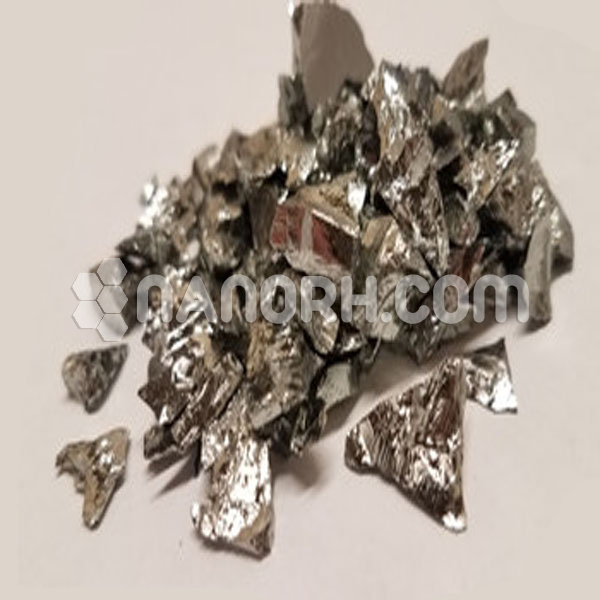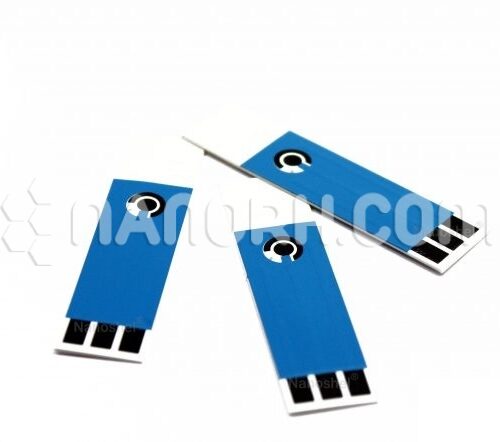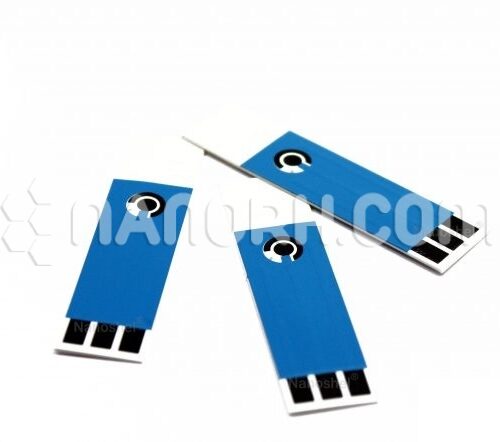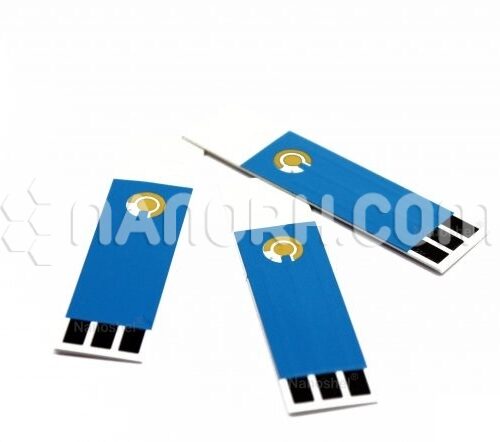Indium Chips (In, Purity: >99.95%, APS:1-5mm)
| Indium Chips | |
| Product No | NRE-52015 |
| CAS No. | 7440-74-6 |
| Formula | In |
| Purity | >99.95% |
| Size | 1-5 mm |
| Color | Silverish |
| Molecular Weight | 114.82 g/mol |
| Density | 7.31g/cm3 |
| Melting Point | 156.61°C |
| Boiling Point | 2000°C |
| Thermal Conductivity | NA |
Indium Chips
Indium chips are used in a variety of high-tech applications due to indium’s unique properties, including its low melting point, high ductility, and excellent thermal and electrical conductivity.
Semiconductor Industry
Soldering and Bonding: Indium chips are often used in soldering and bonding applications in semiconductor devices. Indium’s low melting point and ability to create reliable, low-resistance joints make it suitable for connecting delicate electronic components.
Thermal Interface Materials (TIMs): Indium is used in thermal interface materials to improve heat dissipation between electronic components and their heat sinks.
Thin-Film Electronics
Indium Tin Oxide (ITO) Films: Indium chips are used to produce indium tin oxide (ITO), which is a key material for thin-film electronics. ITO is widely used as a transparent conductive coating in devices such as touch screens, LCDs, and OLEDs.
Optoelectronics
LEDs and Laser Diodes: Indium is used in the production of indium gallium nitride (InGaN) and indium gallium arsenide (InGaAs), which are crucial materials for light-emitting diodes (LEDs) and laser diodes. These materials are valued for their efficiency and ability to emit light at specific wavelengths.
Solar Cells
Photovoltaic Cells: Indium is used in the production of thin-film solar cells, particularly in the form of copper indium gallium selenide (CIGS) and copper indium selenide (CIS) compounds. These materials are used as absorber layers in high-efficiency solar cells.
Electronics and Electrical Connectors
Electrical Contacts: Due to its excellent conductivity and ductility, indium is used in electrical contacts and connectors. It helps ensure reliable electrical connections in various electronic devices.
Research and Development
Material Science: Indium chips are valuable in research for developing new materials and technologies. Researchers use indium to explore its properties and applications in fields such as electronics, optoelectronics, and materials science.
Thermal Management
Heat Spreaders: Indium is used in heat spreaders and thermal interface materials to manage heat in electronic systems. Its thermal conductivity and ability to form a good interface with other materials make it effective for heat dissipation.




